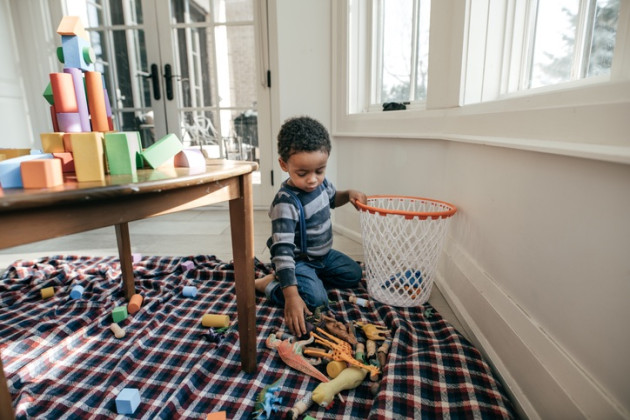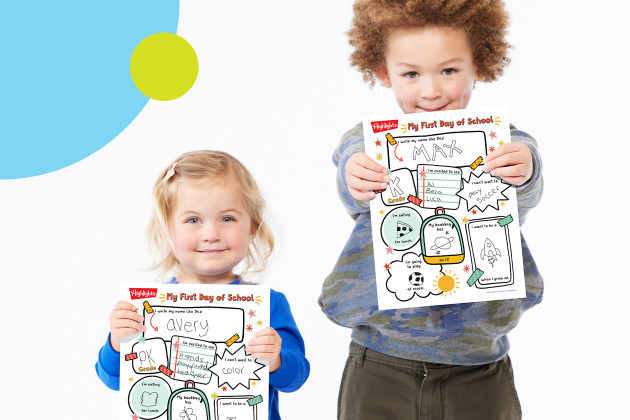7 Confidence-Boosting Chores for Kids of All Ages

Children gain confidence and a sense of meaning when they’re responsible for walking a dog, setting the table, cooking dinner and other daily jobs. When children help with the work of the household, they develop a belief in themselves as capable and effective.
That, in turn, helps them better manage their emotions and regulate themselves when they encounter difficult situations.
Doing chores also helps kids learn time management and lifelong skills like cooking, laundry and gardening. Plus, parents get to connect with kids while teaching these 7 confidence-building skills.
These tasks are common jobs for kids, but they offer much more than meets the eye. They are all appropriate for kids ages 6 and up, especially if you start small and work up to bigger challenges. The key is to stay one step ahead and teach your children a task that is at the edge of their comfort zone to build confidence and pride in their work. They’ll learn that and more when they take on these responsibilities at home.
When children help with the work of the household, they develop a belief in themselves as capable and effective.
Sweeping
Pushing a broom is a repetitive, gross motor activity, which means it soothes the mind and strengthens muscles.
Similar jobs: mopping, shoveling snow, raking leaves.
Tidying
Putting away toys and books helps teach organization, and it may appeal to kids who love sorting and stacking so take advantage!
Similar jobs: putting away groceries; organizing a linen closet, the pantry or refrigerator; switching clothes by season.
Pet Care
Being in charge of a living creature’s well-being helps kids learn and practice responsibility and nurturing.
Similar jobs: baby-sitting, or playing with younger children while parents are busy.
Laundry
Taking on a complex, multi-step task like this challenges kids’ working memory and sequencing powers. Start small, having younger kids put their dirty clothes in a hamper and sort (and fold!) clean socks. In time they can add more tasks until they’re completing the whole process from start to finish.
Similar jobs: Cleaning a closet, packing a lunch, taking out trash and recyclables.
Setting the table:
Placing utensils, plates, glassware and napkins requires fine motor skills and caution (avoid urging your child to be careful; instead express confidence in your child's ability to do the chore without spilling or breaking).
Similar jobs: Unloading the dishwasher, weeding a flowerbed or vegetable garden.
Food prep
Hiring your child as a sous-chef, to chop veggies and other ingredients using a knife, not only gets your dinner on the table faster but also lets your child take risks in a controlled environment, which leads to feeling capable and empowered.
Similar jobs: Household repairs, assembling furniture or bike maintenance using hand tools; working at a hot stove.
Cooking
As your child moves from meal prep to actual cooking, your child needs to use math skills for measuring, reading to follow a recipe, planning and sequencing and problem solving if something goes wrong.
Similar jobs: Planting and maintaining a garden, sewing.









